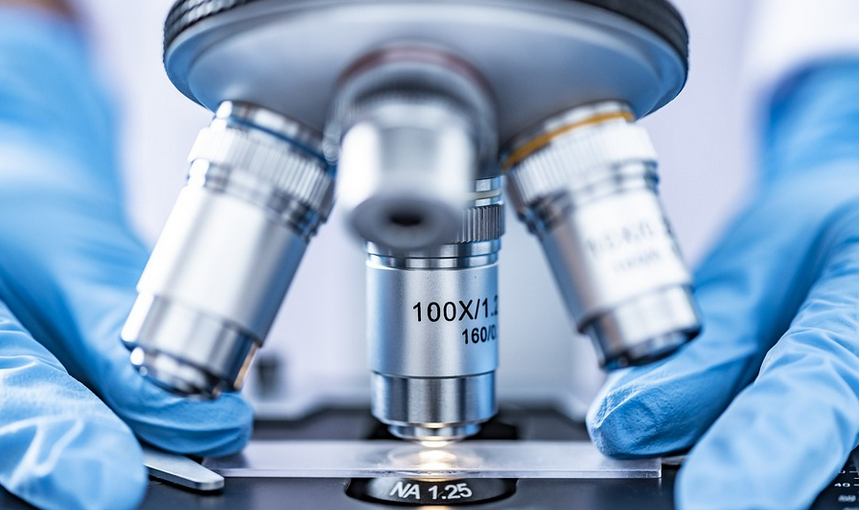The Importance of Proper Bovine Serum Albumin Storage
Bovine serum albumin (BSA) is a protein commonly used in a variety of biochemical and molecular biology applications. It is often used as a blocking agent to prevent non-specific binding of antibodies or as a standard in protein assays. However, improper storage of BSA can lead to degradation and loss of function, which can affect the accuracy and reproducibility of experimental results.
Recommended Storage Conditions
To ensure the stability and activity of BSA, it is important to store it under proper conditions. BSA should be stored at -20°C or below in a dry and sterile environment. It is recommended to aliquot BSA into smaller portions to avoid repeated freeze-thaw cycles, which can cause protein denaturation and loss of activity.
Handling and Preparation
When handling and preparing BSA, it is important to use sterile techniques and equipment to prevent contamination. BSA should be thawed at room temperature or in a refrigerator, and should never be heated above 37°C. It is also recommended to use fresh BSA for each experiment to ensure optimal performance.
Quality Control
To ensure the quality of BSA, it is important to perform quality control measures such as protein concentration determination and purity analysis. BSA should have a high purity (>98%) and a consistent protein concentration to ensure accurate and reproducible results.
Alternative Storage Options
In addition to traditional BSA storage methods, there are also alternative storage options available. Some researchers have successfully stored BSA at -80°C or in a lyophilized form. However, it is important to validate these storage methods for your specific application before use.
Troubleshooting Common BSA Storage Issues
Protein Aggregation
One common issue with BSA storage is protein aggregation, which can lead to loss of activity and accuracy of experimental results. To prevent protein aggregation, it is important to avoid repeated freeze-thaw cycles and to store BSA at the recommended temperature and pH.
Contamination
Contamination is another common issue with BSA storage. To prevent contamination, it is important to use sterile techniques and equipment when handling and preparing BSA. It is also recommended to store BSA in small aliquots to avoid repeated opening and closing of the storage vessel.
Loss of Activity
Loss of activity is a major concern with BSA storage, especially if it is stored improperly or for an extended period of time. To prevent loss of activity, it is important to store BSA at the recommended temperature and pH, and to use fresh BSA for each experiment.
Conclusion
Proper storage of Bovine Serum Albumin is crucial for accurate and reproducible experimental results. By following the recommended storage conditions, handling and preparation techniques, and quality control measures, researchers can ensure the stability and activity of BSA for their specific application. Troubleshooting common BSA storage issues can also help prevent loss of activity and accuracy.

